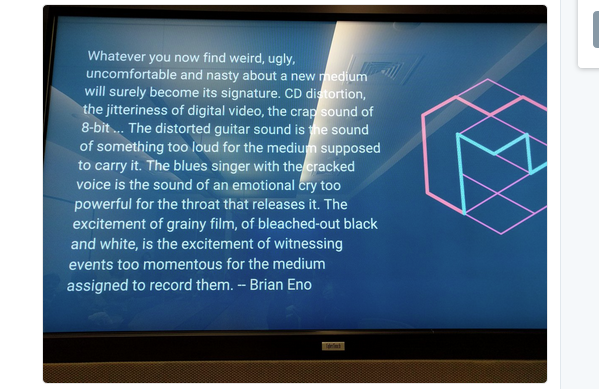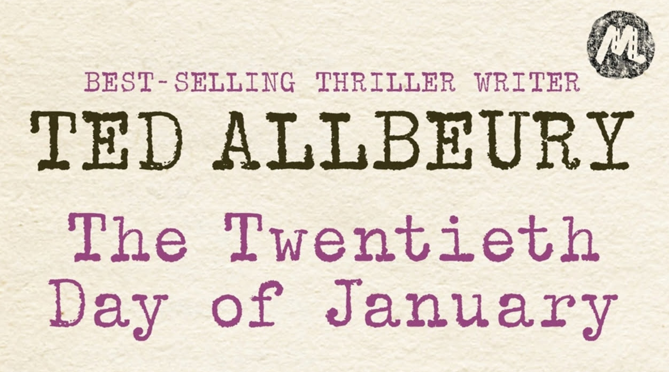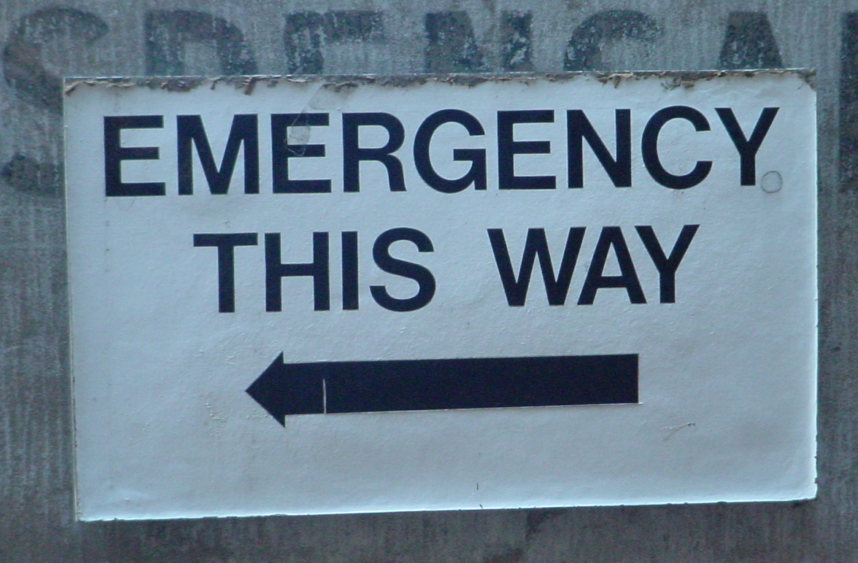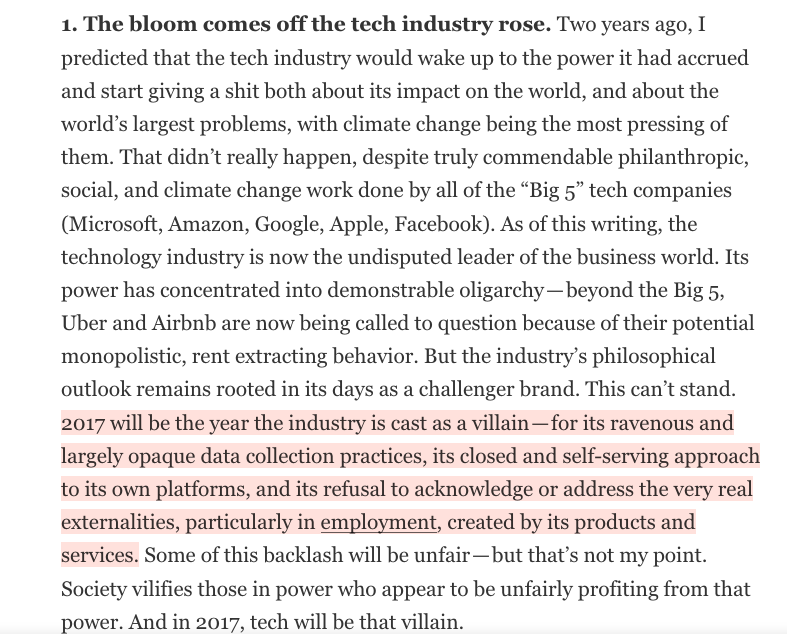Some people seem to really be enjoying this chapter from my book Digital Vs. Human. Here’s a little taste….
I have a habit of writing notes on fragments of paper. Lines I’ve overheard, book and film reviews, statistical gems. I habitually tear pages out of magazines and newspapers, too. Sometimes I write things down on my phone, although I find that since these digital notes are fixed in one place they don’t go walkabout. My physical notes constantly make a run for the nearest exit. They get lost and randomly reappear next to other disconnected scraps of information, which results in cross-fertilisation. Notes, if you haven’t noticed, are inherently social.
One such piece of flotsam is an article that surfaced a year ago from the depths of The Atlantic magazine. On the first torn page, I’d highlighted a quote from the philosopher Bertrand Russell. The quote is long, but ends with the words ‘only on the firm foundation of unyielding despair, can the soul’s habitation henceforth be safely built’. How do you compete with a line like that? I might have missed it, too, in which case this book could have turned out very differently. What was it that Picasso said? ‘You have to have an idea of what you are going to do, but it should be a vague idea.’ I agree. Precisely.
Picasso’s quote reminds me of another by the sculptor Henry Moore. He said, ‘The secret of life is to have a task, something you bring everything to, every minute of the day for your whole life. And the most important thing is — it must be something you cannot possibly do!’ The point of this, for me at least, is the question of how you should live knowing that whatever you do will ultimately result in defeat. What is the point of anything if we ultimately die? How can you continue living when you know that you’ll never write anything to compare with these lines or create anything of enduring substance?
These questions, in the context of lifeless technologies that never truly experience love, hope, failure, disappointment, or regret is a wholly practical one. If, one day, smart machines do almost everything that humans can, including bonding emotionally with humans, then what is the point of us? Each generation has new inventions, a great number of which distance us from reality in some way. But the questions resulting from these inventions are always, ultimately, the same.
Who are we? Why are we here? Are we just stardust, a meaningless accident, or is there purpose here? You can get lost in space with this. The more we know, the less, it seems, we understand. Each new invention generates more ignorance and uncertainty, not less. But that’s fine. The trick is to humbly hold your nerve and let go, becalmed in your own cosmic solitude. The point is that there is no point.
The alternative is quiet desperation. Life may be meaningless. It is certainly baffling and absurd and can only really be understood by looking at it backwards. It’s also deeply wonderful. But knowing all this can be blissful and deeply therapeutic. Looking at a grain of sand or a silicon chip in this context produces a blissful and secure serenity. Interacting with old human-made objects and ancient landscapes similarly unburdens us. They all take us home, to our childhood, and to the birth of possibility. Only by glimpsing human continuity in this manner can we discover our true selves. The immense passing of time forges a connection that’s quite beautiful.
The realisation that we’re part of everything and nothing simultaneously can be hugely liberating. It reminds me of an old joke, retold in the science fiction film Bicentennial Man: ‘This Buddhist walks up to a hot-dog vendor and says, ‘Make me one with everything.”’ A similar point is made by Brian Cox, the physicist and television presenter with the twinkle of starlight in his eyes. The thought of our blue pinprick of a planet amid the enormity of dark space initially makes one feel that we are totally insignificant. But then, from the void, comes the dawning realisation that we are hugely special and unique. The eternity of space is affirmation that we all count in some way. It is the vastness of the nothingness beyond that gives technicolour intensity to the now. Carl Sagan once said that ‘By far the best way I know to engage the religious sensibility, the sense of awe, is to look up on a clear night.’ How Twitter and Facebook work in this context is beyond my earthly understanding. Then again, perhaps the success of both has to do with the validation that we exist and are alive right now. You are here, as it were.
If you like this I’ll post some more from this chapter…. 😉







